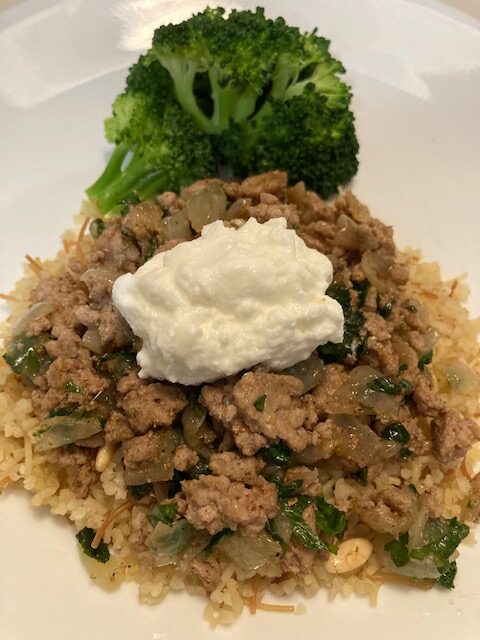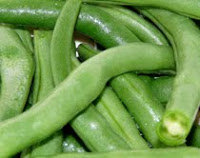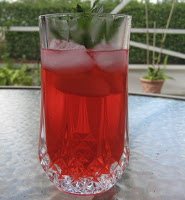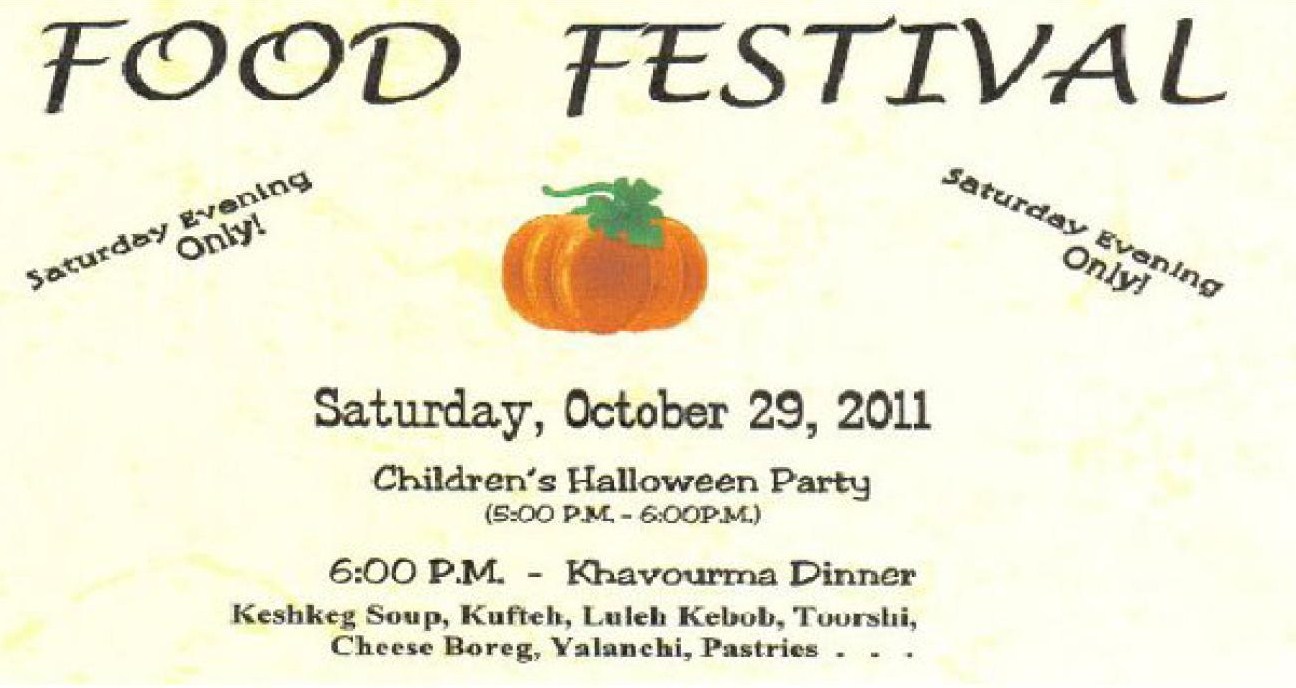Every so often, Doug and I get a craving for kufteh. When time doesn’t allow for the full preparation, we just make the meechoog (filling) and serve it over bulgur pilaf with a side of plain madzoon.
You can make your favorite meechoog recipe, or use the one below. If you closed your eyes and took one taste of this simple version, you’d swear you were eating the real thing!
Kufteh Meechoog
2 large onions, finely chopped
2 Tbsp butter
2 Tbsp olive oil
3/4 lb ground lamb, beef, or turkey
salt and pepper to taste
1 bunch flat-leaf parsley, washed and finely chopped
ground coriander, allspice, black pepper, paprika to taste
1/4 cup to 1/3 cup pine nuts
1. In a skillet, melt the butter, then add olive oil to heat. Add chopped onions and cook, stirring occasionally, until onions are soft – about 10 to 15 minutes.
2. In a separate skillet, cook the ground meat until it is no longer pink. Drain any excess fat. Season with salt and pepper to taste.
3. Add meat to the skillet with the onions. Stir in the remaining seasonings, parsley, and pine nuts. Cook for another 5 to 10 minutes.
To serve: Place bulgur pilaf in the center of the plate (or bowl), top with meechoog, and a dollop of madzoon, if desired. A tomato-cucumber salad makes a perfect accompaniment.





What grade ground meat do you use for this recipe? 5% lean? I usually go for the leanest meat I can find and then use vegetable oil (mazola corn oil in the old days so it won't come out dry.
so it won't come out dry.
It's a cool idea, by the way. When I get home from work, the last thing I want to do is stuff kufteh. And the commercial frozen ones don't taste as good.
For the recipe above I used 93%lean/7%fat ground turkey, and was pleased with the outcome. Not as juicy as using ground lamb, but as we age, we have to cut down on fats wherever we can!
Thanks for teaching me a new Armenian word. LOL. I've had extra filling a few times and rolled it in phyllo like bouregs. Last time, I folded it into wonton skin raviolis. It was really good that way, so I think I might try it "on purpose" with some veggies, etc. and make it into a wonton soup.
Chris, there are actually Armenian recipes that prescribe exactly what you did: putting ground meat in phyllo or other dough to make boereks.
The simplest way is to make the filling as described by Robyn but adding some cooked short-grain rice (I may have the actual recipe from my mom's handwritten cookbook). Put a tablespoon of filling in the middle of the wonton skin. Wet one side of the wonton and fold over to create a long rectangular package. Crimp the edges with a fork. Deep fr (of course, to do it the really old-fashioned way, you have to make the dough yourself).
Another recipe is for "semsek", which is a recipe from the region of Oorfa. They look like small pizzas but are fried in a pan. I don't have the recipe for this one, though my aunt may.
Semsek? Sounds interesting, Ara. If your aunt has this recipe, do you think she'd be willing to share?
My grandmother made a recipe called samsag. Hers was more of a turnover that was baked. I'm planning on preparing it and posting the recipe – eventually.
A few of the Armenian/Assyrian cookbooks I have say that the meat should be almost cooked first and then the onions added should be added to the meat and cooked for about a 1/2 hour longer. Is there any advantage to cooking the meechoog like this? It just takes longer this way. The only benefit I can think of is that if you use a fatty meat, the fat will give the onions a nice flavor. Does that really make a difference, especially if you are using a leaner meat?
Also, my friend's family cooks up the meechoog, spoons it in pita bread, tops it with lettuce, tomato, parsley and mazdoon and calls it Armenian Tacos!
"D" to the bone,
The older recipes used fattier meat and/or had more butter/oil in the meechoog to add juiciness and flavor.
If meechoog is cooked at a lower temperature for a longer time,the flavor is intensified.
Personally, I don't feel flavor is sacrificed by preparing it the more "modern" way.
PS: LOVE the idea of the Armenian Taco.
My husband love sthe Karperti Kufteh, which I am forced to make him every year for his birthday and for some reason I always have leftover stuffing. He can eat 20 meatballs in a week so I freeze the stuffing and eventually buy more lamb for the shell to make more! These are amazing!
By the way, my grandma was Kharpertzi and always referred to the filling of her keufteh as the 'por'…and, as a result, they were always called 'porov' keufteh. As I remember, that filling was made with lots of butter, which when chilled, could be scooped into small balls which inserted nicely into the keufteh. When they were served, the first bite – with that buttery 'por' was just heavenly!
I encase a small piece of butter in my kufte ball. Do you have any suggestions as to how I can keep the balls from breaking when I boil them in the madzoon.
My suggestion: rather than boiling the kufteh balls, try simmering them in the madzoon. Slow, gentle cooking might prevent them from breaking.